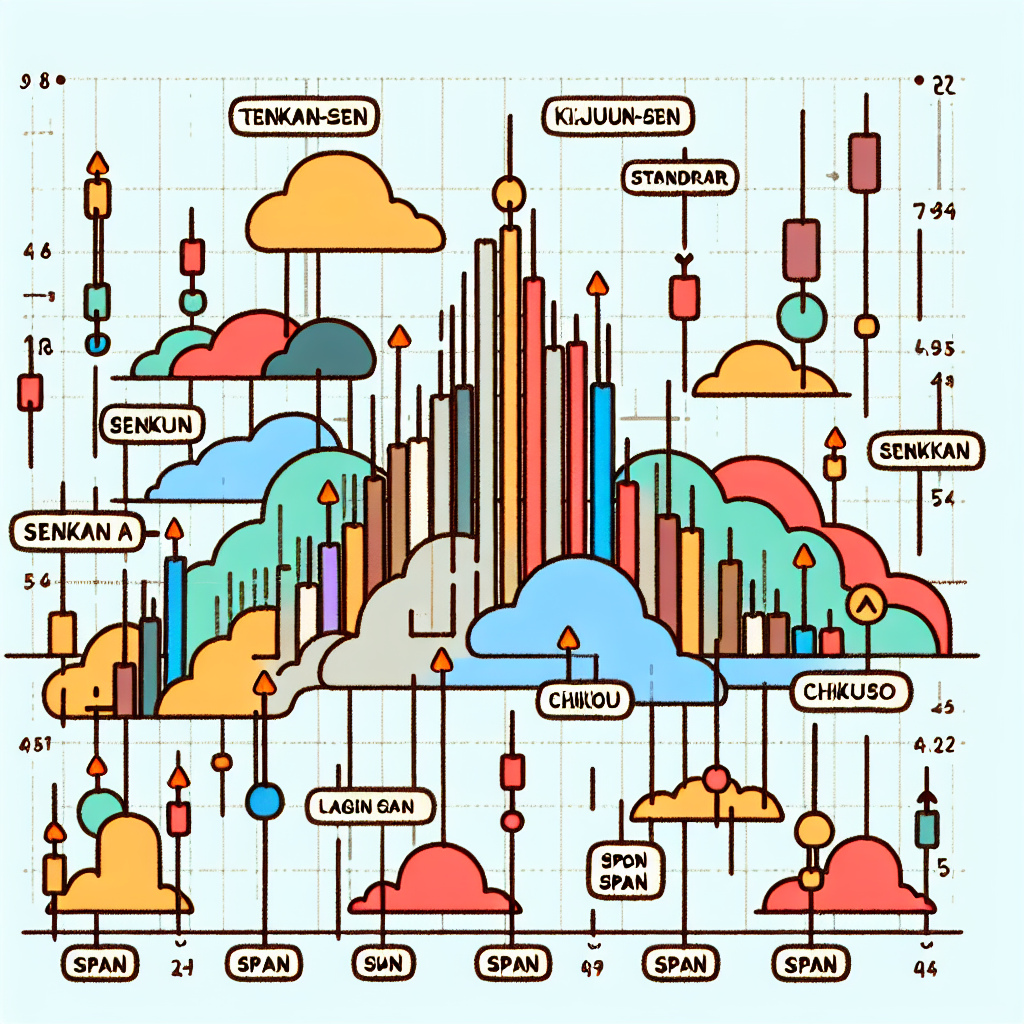
Introduction to Online Trading Platforms
Online trading platforms have revolutionized the way individuals participate in the stock market and other financial markets. These platforms provide a digital venue for buying and selling securities, including stocks, bonds, forex, and cryptocurrencies. With the advent of technology, traders now have the convenience of executing trades from anywhere in the world. This article aims to compare the features, fees, ease of use, and customer support of various popular online trading platforms, thereby guiding potential users in selecting the best option suited to their needs.
Features of Online Trading Platforms
User Interface and Experience
A critical aspect that differentiates online trading platforms is the user interface (UI) and the overall user experience (UX). Some platforms cater to experienced traders with complex charting tools and a vast array of data analytics, while others simplify the experience to attract beginners. User-friendly platforms have intuitive navigation and provide educational resources to help users understand trading basics.
Range of Offerings
The range of financial instruments available for trading is another key feature. While some platforms specialize in specific markets, like forex or cryptocurrencies, others offer a wide array of options, including stocks, bonds, ETFs (Exchange-Traded Funds), and commodities. Investors should consider what they plan to trade and choose a platform that aligns with their interests.
Fees and Commissions
One of the most significant factors affecting the choice of an online trading platform is the fee structure. Most platforms have moved away from the traditional commission model and offer zero-commission trading on certain products. However, they may charge for advanced services like margin trading, or for trades in certain markets. It’s crucial to understand the fine print and be aware of hidden costs such as withdrawal fees and inactivity fees.
Ease of Use
Account Setup and Maintenance
The process involved in setting up an account can vary greatly among platforms. Some require extensive documentation and a lengthy verification process, while others simplify it to attract new users. Moreover, how easily users can manage their accounts, deposit and withdraw funds, and access customer service are critical factors that impact user satisfaction.
Mobile Trading Capabilities
In today’s fast-paced world, the ability to trade on-the-go is practically a necessity. Many platforms offer mobile apps in addition to their desktop applications, but the feature set and efficacy of these apps can differ. A good mobile app provides the same functionality as its desktop counterpart, including real-time quotes, trade execution, and account management.
Customer Support
The availability and quality of customer support can be a deal-breaker. Online trading does not always go smoothly, and traders may need assistance with various issues. Platforms that offer 24/7 customer support via multiple channels like phone, email, and live chat tend to be preferred by users.
Comparison of Popular Online Trading Platforms
eToro
eToro is known for its social trading feature, allowing users to copy trades of successful investors. It offers a wide range of assets, but its fees can be on the higher side, especially for non-US stocks.
Robinhood
Robinhood revolutionized the trading world with zero-commission trades, making it extremely popular among novices. However, its customer support has been a point of contention, and it has a limited selection of assets outside of U.S. stocks.
TD Ameritrade
TD Ameritrade appeals to both beginners and advanced traders with its comprehensive educational resources, extensive asset offerings, and advanced trading platforms. However, its fee structure can be complex.
Interactive Brokers
For professional traders and those with substantial investments, Interactive Brokers offers one of the most comprehensive trading platforms with access to international markets, competitive fees, and a robust mobile app.
Conclusion
Choosing the right online trading platform depends on several factors, including fees, available assets, ease of use, and the trader’s experience level. By carefully considering these aspects, investors can select a platform that not only meets their trading needs but also enhances their trading experience. It is also advisable to start with demo accounts where available, allowing for a hands-on comparison without the risk of losing money.






